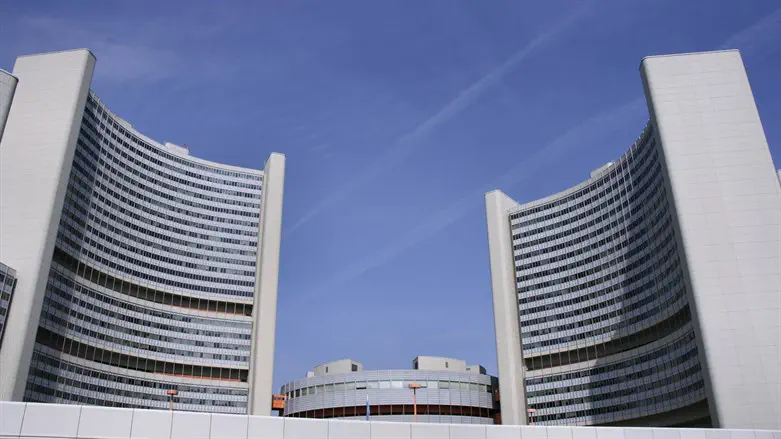
Iran intends to "significantly increase" its production of highly enriched uranium, according to a confidential report released Friday by the UN nuclear watchdog and seen by the AFP news agency.
The International Atomic Energy Agency (IAEA) report noted that updates to the design of Iran's Fordow facility would "significantly increase the rate of production of uranium enriched up to 60 percent."
The new production rate is expected to exceed 34 kilograms of highly enriched uranium per month, a substantial jump from the previous rate of 4.7 kilograms.
In its report, the IAEA urged Iran to allow inspections "as a matter of urgency." These inspections, the agency emphasized, are crucial to "provide timely and technically credible assurances that the facility is not being misused to produce uranium of an enrichment level higher than that declared by Iran, and that there is no diversion of declared nuclear material."
Meanwhile, in an interview with Reuters on Friday, IAEA Director General Rafael Grossi stated that Iran is "dramatically" increasing its capacity to produce uranium enriched to up to 60% purity. This level is close to the 90% threshold considered weapons-grade.
According to IAEA assessments, Iran already possesses enough uranium enriched to 60%, its highest level so far, to produce four nuclear weapons if it were further enriched. Additionally, its lower-enrichment stockpiles could yield even more.
"Today the agency is announcing that the production capacity is increasing dramatically of the 60% inventory," Grossi told Reuters during the Manama Dialogue security conference in Bahrain's capital. He noted that the production rate could rise to "seven, eight times more, maybe, or even more" than the prior level of 5-7 kilograms per month.
Grossi also expressed concern over the lack of diplomatic progress, saying, "We do not have any diplomatic process ongoing which could lead to a de-escalation, or a more stable equation when it comes to Iran. This is regrettable."
The IAEA report and comments by Grossi come a week after Iran notified the UN nuclear watchdog of its plans to expand uranium enrichment capabilities by installing additional centrifuges at its Fordow and Natanz facilities and activating machines recently installed there.
Iran’s move followed a resolution by the IAEA’s 35-nation board of governors criticizing Iran over its nuclear program and lack of cooperation with IAEA probes.
Before the recent quarterly IAEA board meeting, Iran proposed capping its stock of uranium enriched to 60% purity, but this offer was reportedly contingent on the board refraining from passing a resolution against Tehran.
The IAEA resolution aims to pressure Iran into negotiating new restrictions on its nuclear program, following the collapse of the 2015 nuclear deal which formally ends in October 2025, even though its terms have been widely breached since the US withdrew in 2018 under then-President Donald Trump.
The Biden administration tried, unsuccessfully, to revive the 2015 deal. The negotiations reached a stalemate in September of 2023 after Iran submitted an unsatisfactory response to a European Union proposal to revive the deal.
(Israel National News' North American desk is keeping you updated until the start of Shabbat in New York. The time posted automatically on all Israel National News articles, however, is Israeli time.)
